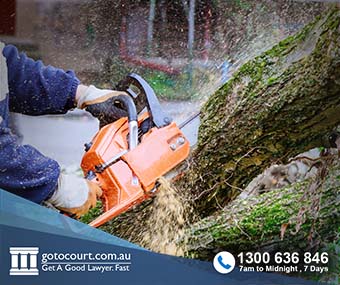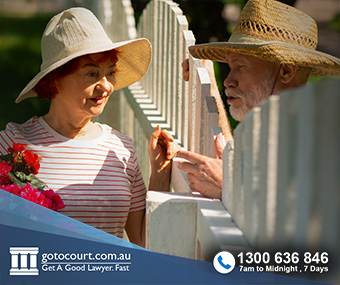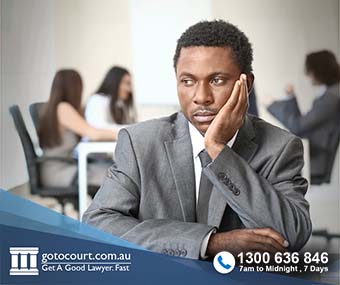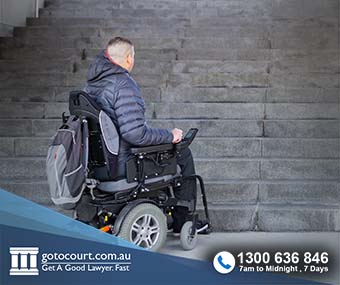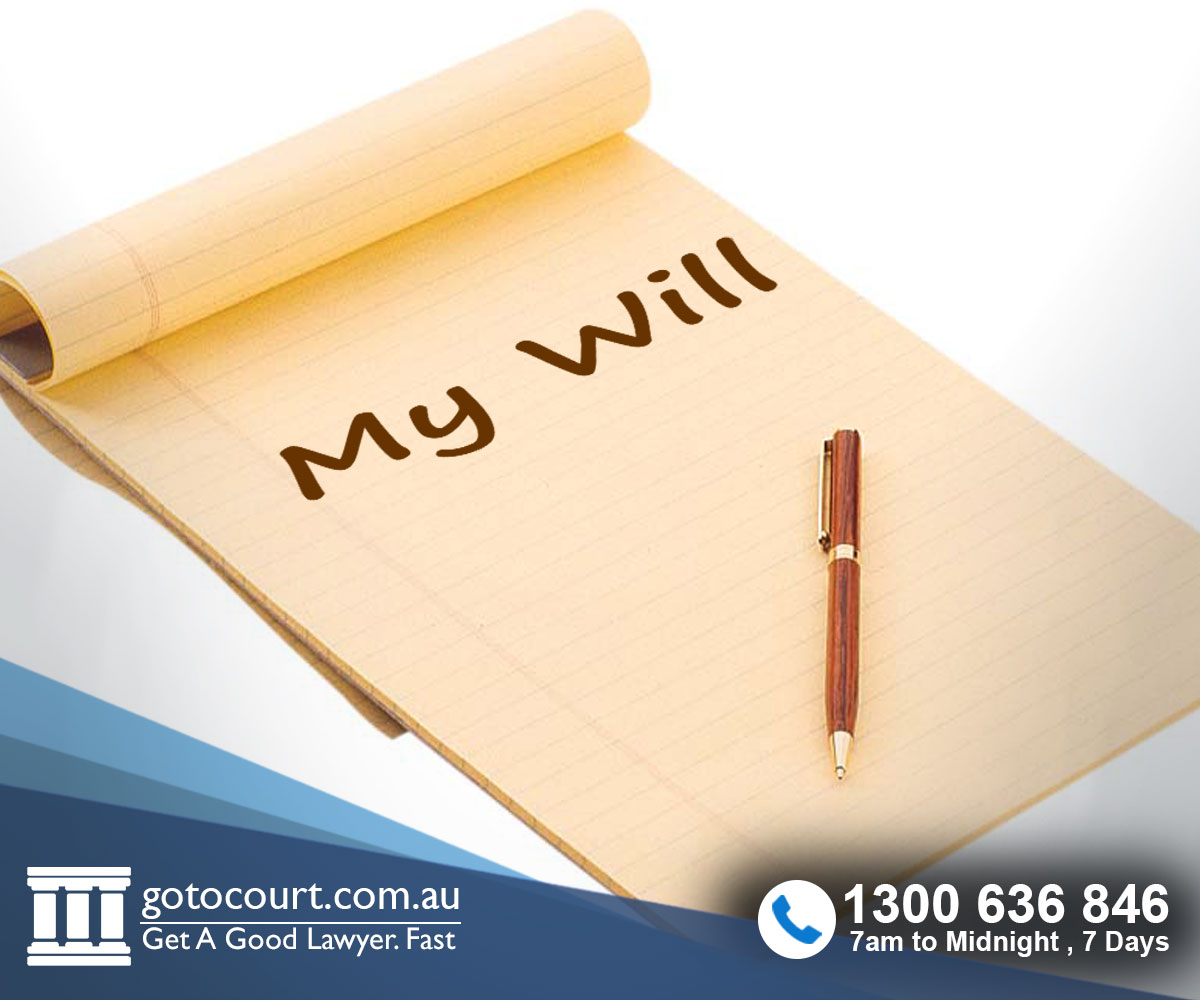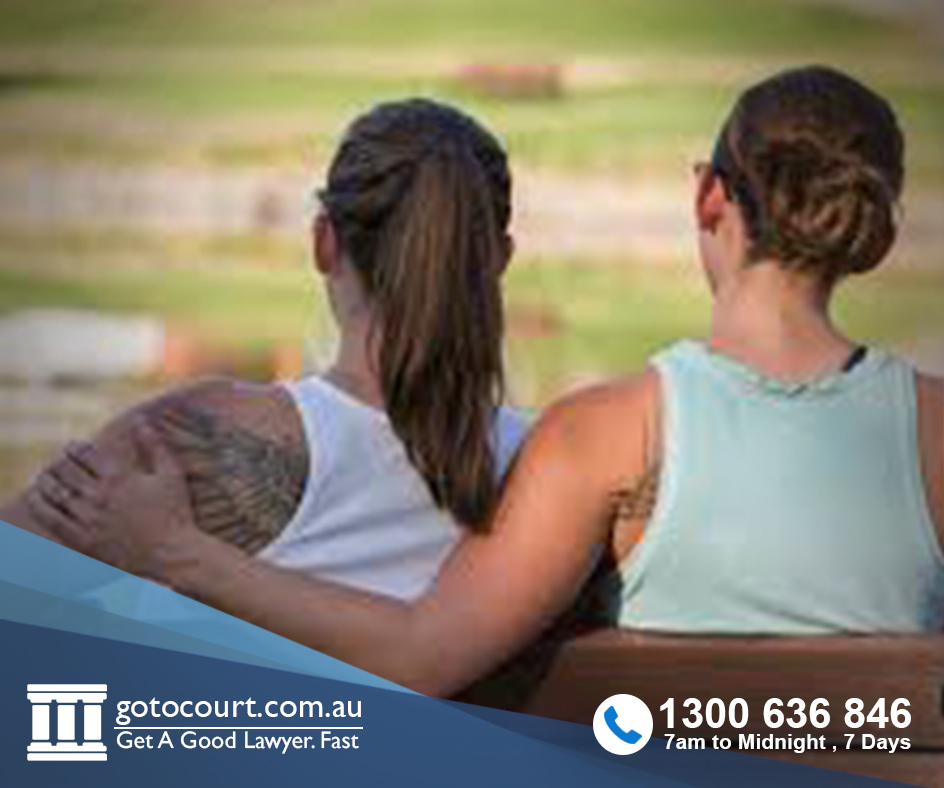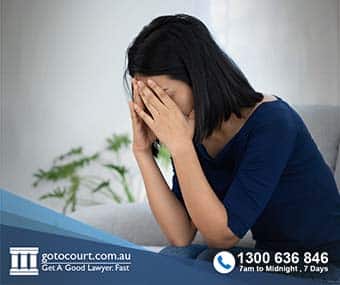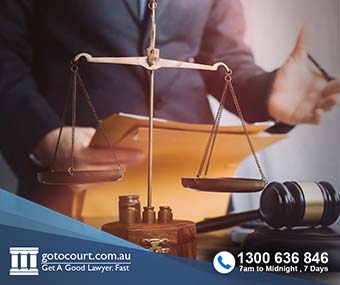Making a Will in South Australia
Making a Will in South Australia
The rules for making a will in South Australia are similar to those in other states and territories. In South Australia, these rules are contained in the Wills Act 1936.
Requirements for a valid will
The Wills Act 1936 (SA) sets out the requirements that must be satisfied in order to have a valid will. If your will is valid, on your death the person appointed as executor in your will applies to the South Australian Supreme Court for a grant of probate. They will then administer your estate and distribute your assets to the people you name as your beneficiaries. Making a will in SA requires the following:
- You must be at least 18 years of age. Minors (i.e. people under 18 years of age) can make a will if they are, or have been, married. A minor who is going to get married can make a will, but it will only take effect once the marriage actually occurs. Alternatively, a minor can make a will with the leave of the South Australian Supreme Court, which will only be granted if the Supreme Court is satisfied that the minor understands what a will is and its effect, and the proposed will carries out the minor’s instructions.
- The will must be in written form and signed by the testator (or by a person in their presence and at their direction).
- It must appear from the will that the testator intended to give effect to it by signing it.
- The testator must sign the will in the presence of at least two witnesses. Each witness must also attest and sign the will in their presence. The witnesses can also be beneficiaries under the will, however this is not recommended as this may raise queries as to whether you signed under duress or were coerced. If one of your witnesses is, at the time the will is signed, incompetent to be a witness at the time the will was executed, the will may be invalid.
- The testator must have testamentary capacity. This means they are capable of communicating their intentions as to who will receive their property and understanding the consequences of the will. If a person does not have “testamentary capacity”, then another person can apply to the Supreme Court on their behalf requesting an order that a will be made for them. The Supreme Court will only make such an order if it is satisfied they would have made the will themselves if they had testamentary capacity.
Requirements for a valid will
If a will does not satisfy each of the above requirements, it may not be valid. If you die without a valid will, you die intestate and your assets will be distributed to your relatives based on a pre-determined formula in Part 3A of the Administration and Probate Act 1919. However, if the Supreme Court is satisfied that a document was intended by you to be your will, then it may accept it as your will even if the legal requirements are not satisfied.
Choosing an executor
You can appoint a friend, a relative, or anybody else you think would act in your best wishes as your executor. You should consider a person’s age before appointing them as your executor. You may also want to appoint more than one executor, or appoint a substitute executor in your will, in case one of your executors die. You can appoint the South Australian Public Trustee as the executor of your will. However, the Public Trustee will charge fees to administer your estate.
Can I choose who benefits under my will?
It is entirely up to you who is named as a beneficiary in your Will. However, under the Inheritance (Family Provision) Act 1972, in certain circumstances your relatives can apply for a family provision order if they believe that they have been left with inadequate provision under your Will. An executor must refrain from making any distributions to beneficiaries, pending the outcome of a family provision claim.
Effects of marriage or divorce on a will
If you get married in South Australia after making a Will, then that Will is revoked unless it was made in contemplation of the marriage. Getting a divorce will not revoke your will, but it will revoke any dispositions to, or appointments of, your former spouse.
Consequences of dying without a will
If you die without having made a valid will, then you will be treated as an “intestate” and your estate will be distributed amongst your surviving relatives. If you make a will and it is not valid, you may be treated as an “intestate”. Therefore, it is recommended that you should generally have a lawyer prepare your will for you to ensure that it meets the formal requirements of a will.
What if I have a will from another state or territory?
South Australia recognises wills made in other states and territories, provided they satisfy the legal requirements. If you own immovable property (e.g. land) located in another state or territory, then the will must comply with the requirements for that jurisdiction.
If you require legal advice or representation in any legal matter, please contact Go To Court Lawyers.

Affordable Lawyers
Our Go To Court Lawyers will assist you in all areas of law. We specialise in providing legal advice urgently – at the time when you need it most. If you need a lawyer right now, today, we can help you – no matter where you are in Australia.How It Works




1. You speak directly to a lawyer
When you call the Go To Court Legal Hotline, you will be connected directly to a lawyer, every time.

2. Get your legal situation assessed
We determine the best way forward in your legal matter, free of charge. If you want to go ahead and book a face-to-face appointment, we will connect you with a specialist in your local area.

3. We arrange everything as needed
If you want to go ahead and book a fact-to-face appointment, we will connect you with a specialist in your local area no matter where you are and even at very short notice.


